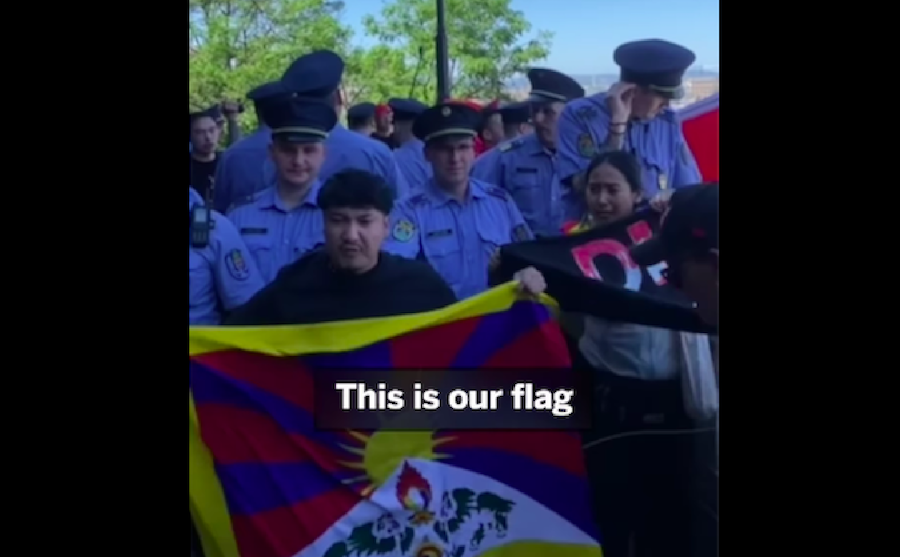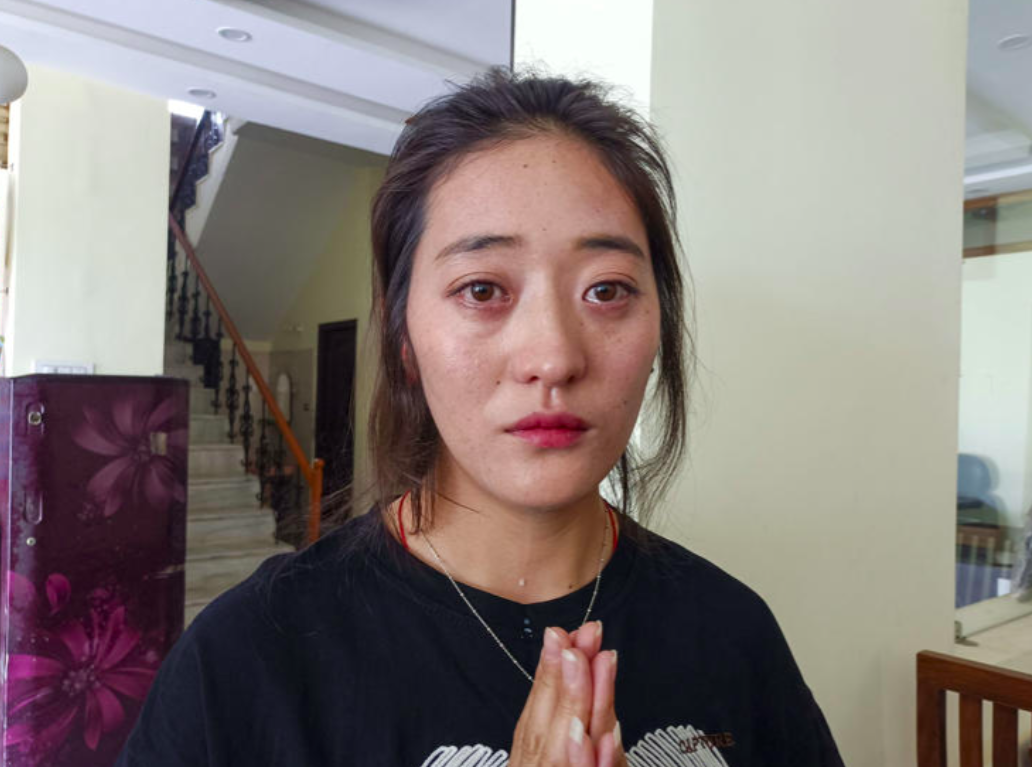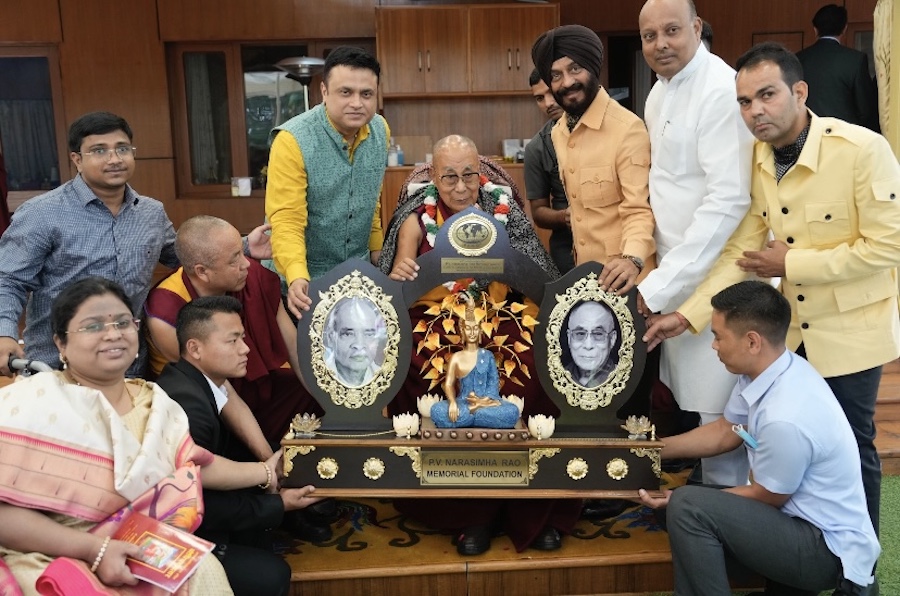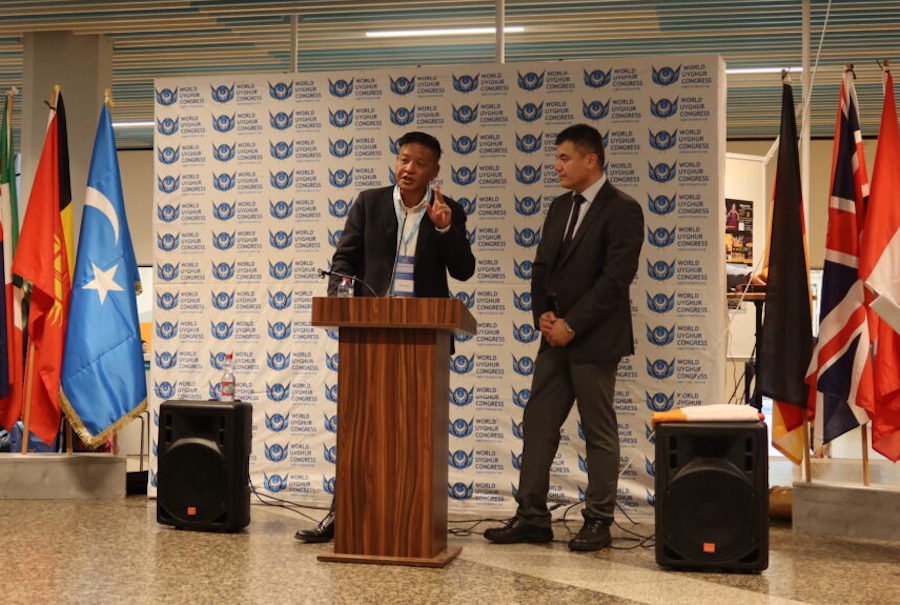In sharp contrast with the Kalon Tripa’s views, a host of Tibetan outfits is critical of Prime Minister Atal Bihari Vajpayee’s assurances to the Chinese and want Indian political parties to put pressure on the central government so that New Delhi’s support for the movement continues.
Among the more outspoken of these leaders is Yeshi Togden, president of the Gu-Chu-Sum, an association of former Tibetan political prisoners.
The Venerable Togden is president of the Gu-Chu-Sum Movement of Tibet. He was imprisoned by the Chinese authorities, he says, for eight months on charges of slogan shouting during a demonstration at Lhasa in 1990. He fled to India after a three-month trek through the Himalayas. Yeshi Togden spoke to The Telegraph. Excerpts:
Q: The Kalon Tripa has welcomed Prime Minister Vajpayee’s visit to China. What about you?
A: When the PM went to China, we had great hope because he knows about Tibet very well. But in China, he said Tibet is a part of that country. This has hurt us. Also, I am sure the younger generation of Indians will one day hold the older generation responsible for what is happening. Indians should put pressure on their leadership to resolve Tibet and free it from China. They will realise what a burden it is militarily and economically to share a long border with China. As long as Tibet existed independently, there was never war in the region.
Q: The Dalai Lama is understood to have welcomed improvement in relations between Delhi and Beijing.
A: It is good to cultivate a friendship but not at the expense of Tibet. It is not fair to talk about Tibet minus the Tibetans, not fair to settle the boundary issue with China minus Tibet. It is easy to say that Tibet is a part of China but there are six million Tibetans aspiring for independence.
Q: The Indian stand talks of a “Tibet Autonomous Region”. Even the Dalai Lama has traded the slogan of independence for autonomy.
A: There is a big difference. Vajpayee says Tibet has been historically part of China. The Dalai Lama is not talking of history but about the future. We stand for independence.
Q: So you feel that Prime Minister Vajpayee’s visit to China will lead to friendlier ties but will not benefit Tibetans in any way?
A: We hope that when China and India become friends, India will explain the true situation and we hope India will raise the issue of autonomy with the Chinese. The onus lies with the Indian leadership.
Q: So the future of the “Free Tibet” movement is in Indian and Chinese hands?
A: You cannot leave the Tibet issue unaddressed. Indian leaders should take into consideration the views of the Indian people.









